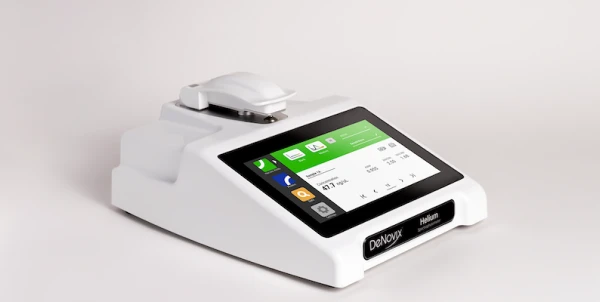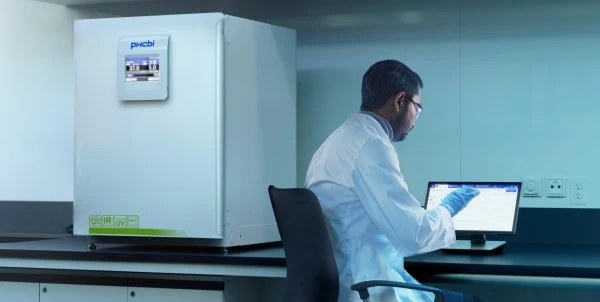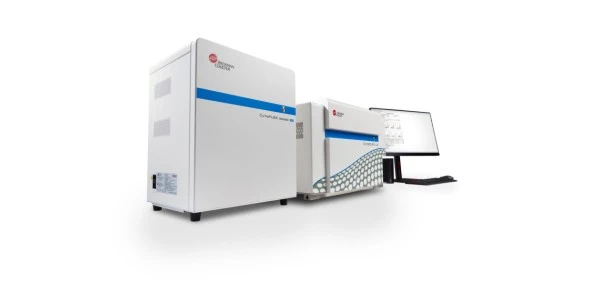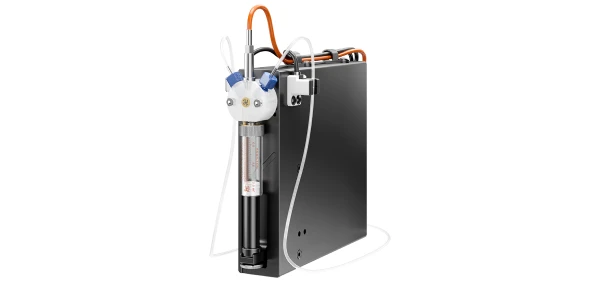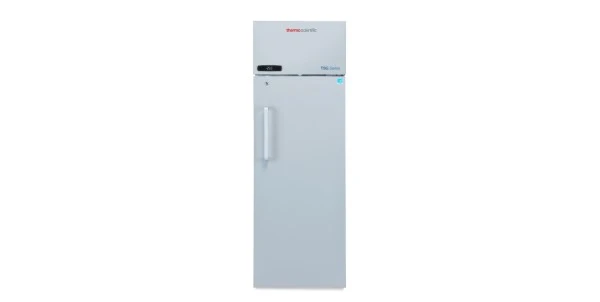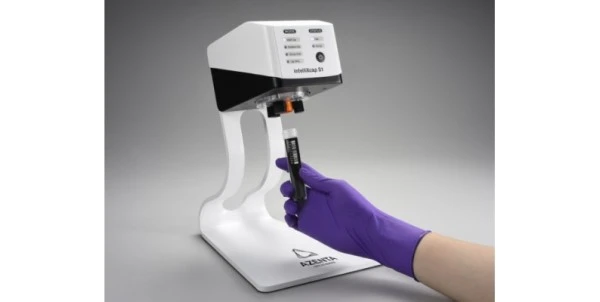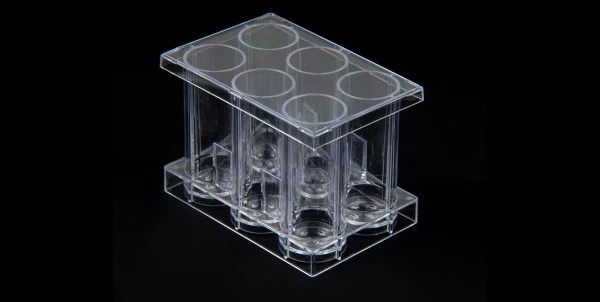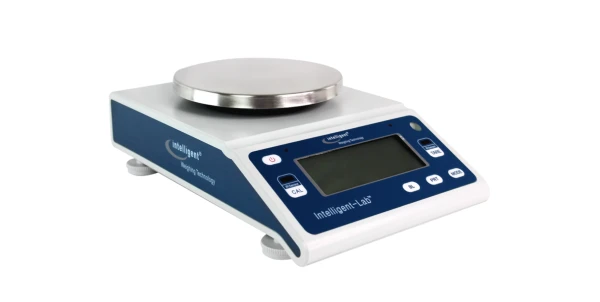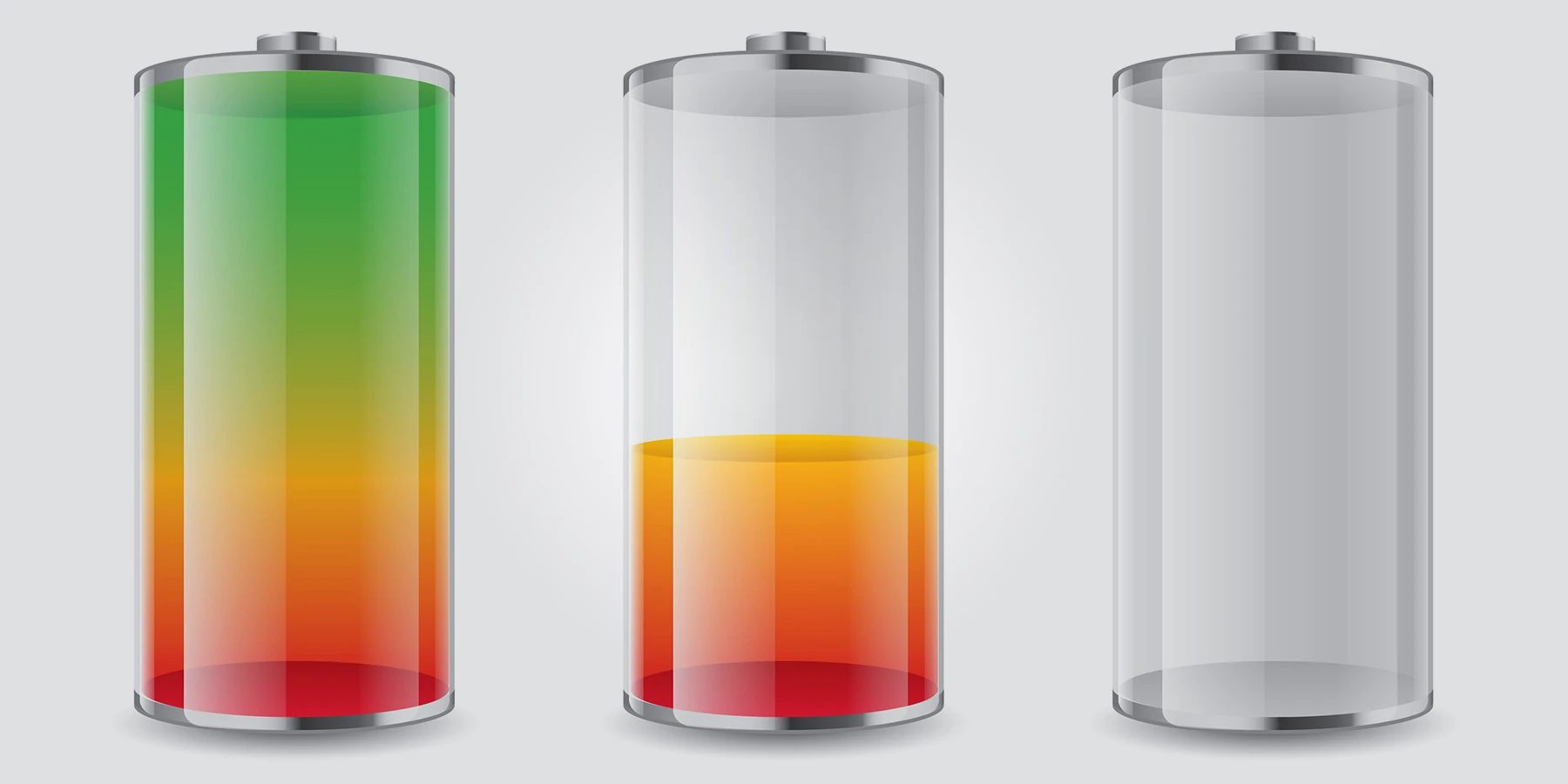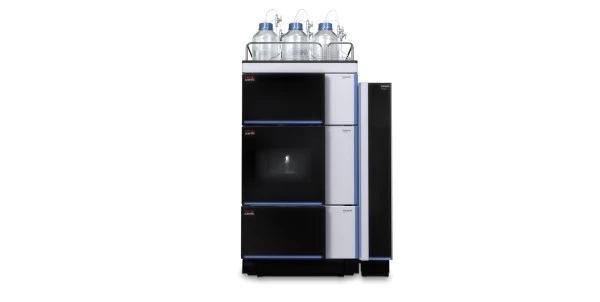State-of-the-art in Lab Automation and Liquid Handling
- The needs for laboratory automation have never been greater as new technologies demand greater throughput with higher complexity.
- Many routine processes in the lab are prime for automation to free up precious time of scientific staff and minimize operator error at the same time.
- Innovative technologies are increasingly focused on advanced methods to eliminate bias and reagent consumption, particularly in the area of liquid handling.
These considerations and others are at the forefront of new product design and technology implementation and took center stage at the Society for Laboratory Automation and Screening (SLAS) conference this year at the San Diego Convention Center. Here are a few examples of new developments in life science lab automation and liquid handling.
Lab Automation for Routine Tasks
Most if not all life science laboratories require routine tasks such as reagent preparation, sample weighing, pH testing, tube capping, sample aliquoting, and others, in the course of everyday operations. One might joke that these duties are the domain of students and postdocs. In reality, todays research labs demand operational speed, precision, scalability, and even traceability in order to function according to screening or regulatory compliance criteria.
The Revo from LabMinds centralizes solution preparation by combining: water purification, solid and liquid storage and dosing, mixing, pH control, vacuum filtering, label printing, and other processes. The all-in-one device draws expertise from a chemical solution library, which is expandable as new options and custom chemicals come onboard. Automation ensures repeatability in solution preparation and testing through process control and cloud data storage -- which allows every step to be tracked and data to be accessed from multiple locations. The full chain of custody can be tracked as well, from supplier selection to QA testing and validation. All of these features are controlled through a web interface which enables remote operational control, maintenance and status alerts, and other functions. Although the current configuration is suited for lab-scale, future objectives include pilot and process-scale applications.
The MiniTasker from Sirius Automation is a general purpose robotic platform that performs everyday lab tasks including analytical weighing, sample ID labelling, sorting, dilutions, transfers and aliquoting, capping and uncapping, and others. Methods are stored and easily accessed by PC interface. All steps of operation are recorded and stored to allow sample traceability, and User & LIMS interfaces are compatible with 21CFR11 & GLP compliance. The abilities to build custom configurations and methods, as well as scale up and down to match a given application, makes the technology well-suited from performance and modular flexibility stand points.
The Latest in Automated Liquid Handling
In the area of liquid handling technologies, Tecan announced the release of the new Fluent GX -- designed as a fast, flexible solution to simplify regulatory compliance applications. Tecan adheres to strict design standards centered around compliance for industry and clinical diagnostic applications. This has helped streamline the implementation of liquid handling devices such as the Fluent line from the early concept stage. The Fleunt GX is specifically designed to meet the demands of regulated laboratories with advanced process security features required in clinical, GMP, and QC facilities.
The new device combines all the liquid handling and workflow benefits of the Fluent line -- high on-deck capacities, fast processing and intuitive operation -- with the Fluent Gx Assurance Software, a suite of software features needed to comply with stringent regulatory requirements, including FDA 21 CFR Part 11. Design features including multiple task-specific arms, FluentControl software, and touchscreen interface add to the repertoire of capabilities.
Acoustic Droplet Technology
Labcyte announced several new developments in liquid handling innovation stemming from their acoustic droplet ejection (ADE) technology. This innovative approach uses the energy of sound waves to move nanoliter scale liquids with high accuracy and precision. The technology does not physically contact the liquid in any way, thus avoiding the risk of contamination, carryover, or sample loss. The results include assay miniaturization with reliable fluid transfers at volumes as low as 2.5 nanoliters.
The Echo 655T Liquid Handler uses acoustically compatible tubes for high-density sample management to conserve sample usage and maintain sample integrity. In collaboration with several partners, Labcyte has incorporated this technology and developed an end-to-end solution for next generation high-throughput drug discovery. Regulatory-ready versions of the Echo 525, 550, 555 Acoustic Liquid Handlers were among the technologies showcased at SLAS this year as well. The Echo 21CFR11 Compliance Manager software included with these systems enables full control of user access and data processing capabilities – preventing unwanted changes to system settings or protocols. These features maintain full traceability of system use, which is critical for bioassay development and implementation.
Advanced Pipetting Systems
Eppendorf is a company heavily invested in the liquid handling industry -- the company’s expertise in pipetting technologies and is a perfect marriage with the technical aspects involved in multi-channel automated fluid delivery. Eppendorf produces a full line of solutions with the epMotion product portfolio.
- The epMotion 96 is an easy to use benchtop system for high precision pipetting in 96- and 384-well plates. It overcomes the limitations of manual multichannel pipetting and is a perfect solution for fast and precise liquid handling.
- The epMotion 5070 is a compact solution for accurate and precise completely automated pipetting. The 5070 is a perfect match for: serial dilutions, reagent distribution, sample transfer from tubes to plates, and other routine applications.
- The epMotion 5073 systems are uniquely designed for high-performance PCR and nucleic acid purification. They also reserve flexibility options for a range of additional liquid handling applications which involve complex labor-intensive procedures.
- The epMotion 5075 is the ideal solution for a wide range of applications – offering the same capabilities as the epMotion 5070 and 5073, while adding up to 15 workable positions, advanced PC controller and software upgrades, and a wide variety of extended options.
Eppendorf is exploring the concept of “doing more with less”, through the development of the epMotion 10 µL pipetting tools and the implementation of rigorous cross-validation of small volume performance by means of a third-party testing platform, the Artel MVS. Initial results include the ability to maintain high accuracy and precision down to the nanoliter scale benchmark.
SLAS Conference Summary
The state-of-the art in lab automation and liquid handling was on full display at SLAS, offering an impressive look at the range and performance of emerging technologies aimed accelerating discovery and streamlining lab operations.
More than a few conversations included the concepts of “The Internet of Everything” and “Artificial Intelligence” – perhaps indicators of exciting developments on the horizon and new technologies to come.
